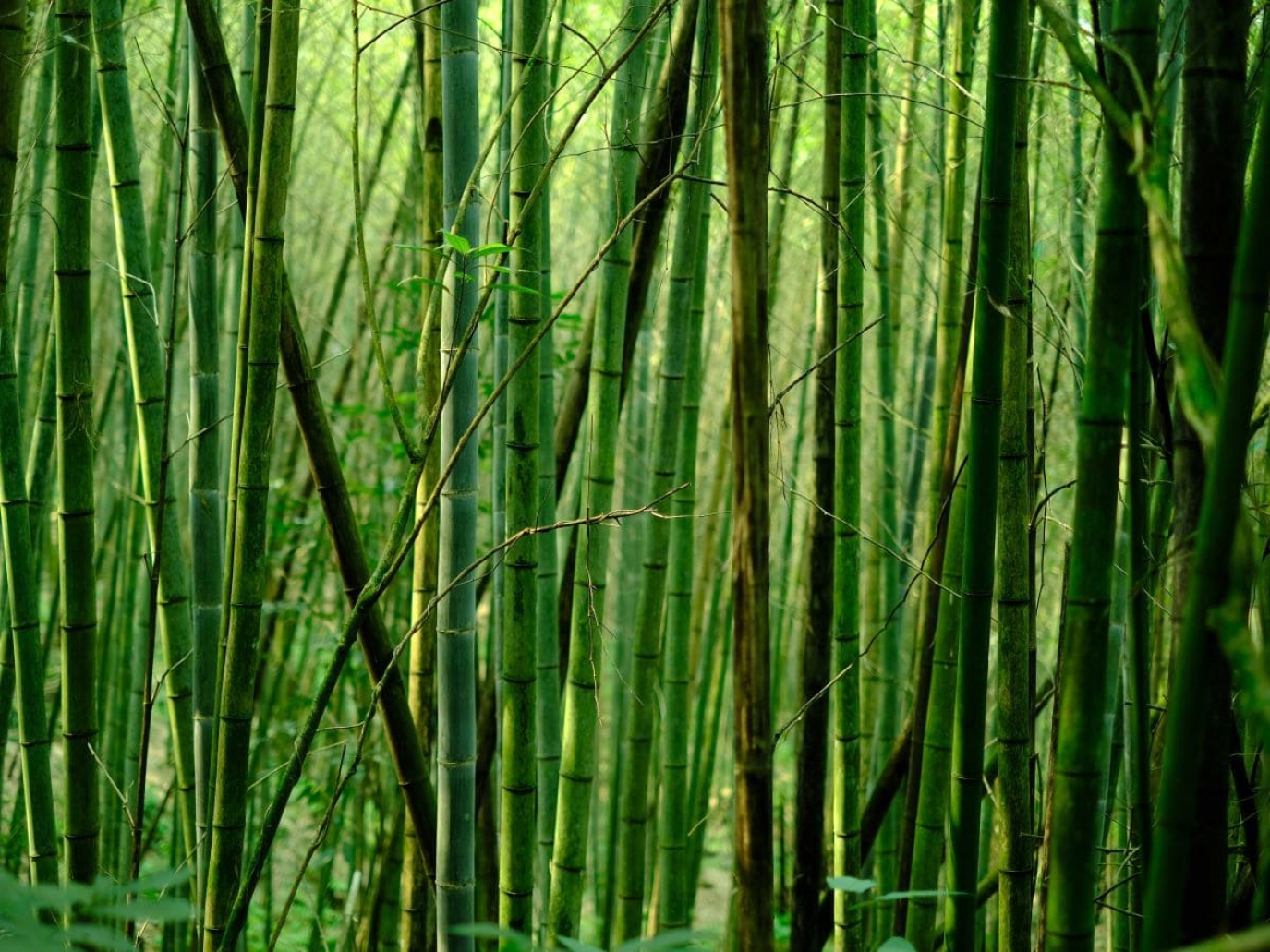This article is also available in Italian / Questo articolo è disponibile anche in Italiano
Forever Bambù is an Italian company that combines environmental restoration and circular economy. Founded in 2014 to create giant bamboo forests in Italy, it now offers Made-in-Italy solutions for companies wanting to offset their carbon footprint. Mauro Lajo, the CEO of Forever Bambù, told us more about their innovative business model.
What is the structure of the company's business model? What supply chains have been activated?
Forever Bambù owns and manages approximately 137 hectares of giant bamboo forests. We are the most structured and capitalised company in Italy as regards this asset, from which we have developed various business units. Our agricultural unit enables us to create our forests and forests for third parties. A farmer or company that wants to plant a giant bamboo forest calls us and we supply the plants, technical assistance, and our know-how. Our second business unit offers offsetting to third parties: through our managed and certified forests, we release carbon credits. We currently have approximately 1 million carbon credits available, which offers companies the opportunity to offset their emissions through a Made-in-Italy carbon market. The additionality in our forest lies in the afforestation process, which involves planting bamboo forests on abandoned or degraded land. The third unit is concerned with the supply chain. In accordance with the regulations, correct forest management requires that bamboo plantations be thinned out by approximately one-third each year. Given the availability of this biomass, we started looking into new use cases for the plant. Our goal is to create new supply chains that replace plastic-based products. Alongside other partners, we have produced the first biopolymer granules with a variable percentage of giant bamboo filler, a fully biodegradable material. We are also doing research into the worlds of bioconstruction and eco-leather products, with incredible results. What needs to happen now is communication with businesses, so we can demonstrate that it is possible to convert plastic-based supply chains using alternative, renewable, and sustainable materials.
What are the benefits of giant bamboo cultivation in terms of ecosystem services?
Giant bamboo is a grass species with an average life cycle of 100 years. Starting from its ninth year of life, the forest is mature and does not require further human input, except for the yearly thinning out. Its potential lies in its great capacity for CO2 absorption and soil regeneration: a hectare of bamboo forest absorbs 57 times more carbon than a traditional woodland. Thanks to the root system that forms, bamboo plants can reactivate and rebuild the soil microbiome and boost its organic content: small invertebrates, worms, bacteria, fungi, and mycorrhizae return to the soil, with enormous benefits in terms of biodiversity gain.
What offsetting services do you offer companies, and with what guarantees?
As stated, giant bamboo is an excellent carbon sink. Thanks to a collaboration with the University of Siena, we have been able to calculate its absorption potential, on which we based a peer-reviewed scientific paper that has been validated by RINA, a certification body. Initially, we used the blockchain to ensure the uniqueness of the offset that we provided a company. Then, starting in January 2024, regulation UNI/PdR 156 set out the rules for calculating CO2 absorption in Italian bamboo forests and subsequent sales to companies. The Polytechnic University of Milan then showed that bamboo forests, if managed in accordance with the regulations, can absorb 443 tonnes of carbon per year.
This content is produced thanks to the support of sponsors
Cover: Eric Barbeau, via Unsplash



